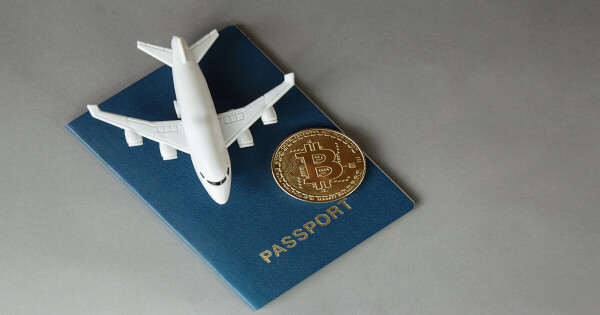Asia Pacific Outshines Globally in Instant Payments Adoption
Terrill Dicki May 18, 2024 16:35
Asia Pacific region is leading the globe in the adoption and innovation of instant payments, fueled by technological advancements and regulatory support.

APAC Dominates in Instant Payment Innovations
The Asia Pacific region is leading the way in the adoption and implementation of instant payments, thanks to innovative technology, widespread smartphone access, and favorable regulations, according to Ripple insights. This has positioned the region as a global pioneer in instant payments, facilitating easy access to real-time settlements. With the majority of profitable digital-only banks being based in the region, this success is expected to thrive with the increasing adoption of new fintech models.
The Asia Pacific region houses 10 out of 13 of the world's most profitable digital-only banks. The region's eagerness to experiment with alternative payment options has led to improved domestic and cross-border payment capabilities, real-time settlement access, financial inclusion opportunities, and a leadership position in financial innovation. The Asia Pacific region is home to 20% of the world's digital banks, and its citizens are the most enthusiastic adopters of digital payments.
Emergence of Digital Wallets in APAC
Digital wallets in the Asia Pacific region, excluding China, have more than doubled their share of e-commerce transaction value in the last five years. This trend is forecasted to continue growing over the next three years. Similarly, the share of payment transaction value at point-of-sale from digital wallets has seen a six-fold increase in the last five years.
In particular, Southeast Asia demonstrates substantial regional payments progress. It is projected that the real-time payments network volume within the market will reach $2.4 trillion by 2025 — a 230% increase from 2020. It is also predicted that over 400 million people in Southeast Asia will use mobile wallets by 2026.
Spotlight on India's Payments-Driven E-commerce Growth
In India, the National Payments Corporation of India has made the Unified Payments Interface (UPI) available to Indian non-residents in ten countries, including Australia, Canada, Singapore, the UK, and the US. This move is expected to pave the way for a global remittance network. UPI and other real-time payment schemes are also expected to fuel cross-border commerce in India, offering online merchants a significant growth opportunity.
Account-to-account (A2A) payments, which reduce the cost of payment acceptance for merchants while improving cash flow through immediate funds availability, have seen a significant rise in India. A2A payments as a percentage of e-commerce transaction value jumped from 12% in 2021 to 19% in 2022, and are projected to reach 24% by 2026.
Challenges in the Path of Digital Payments Transformation
Despite the progressive stance of the Asia Pacific region on digital technology, privacy and security concerns could impede the adoption of new payment rails. Research suggests that over 75% of the region's consumers would withdraw their support of a brand in the event of a data breach.
The World Economic Forum refers to the Asia Pacific region as the 'ground zero for cybercrime incidents'. The rapid evolution of the cyber threat landscape, the rise of malicious software, the mobilization and organization of cybercriminal groups, geopolitical conflicts, and economic uncertainty have all combined to create a conducive environment for threat actors. In the region, 60% of surveyed leaders acknowledged a significant lack of cybersecurity staff in their organizations.
The varied and unpredictable consumer behavior in the region also poses a challenge. While consumers in Hong Kong and Singapore are historically more open to new digital payment methods like Apple Pay, Google Pay, and Samsung Pay, consumers in markets like China, the Philippines, and Vietnam tend to pay with local and regional wallets for reasons of familiarity and convenience.
As the use of crypto in payments continues to expand in APAC, harnessing that momentum will rely on close collaboration between national governments and private companies to achieve maximum impact and ensure the utmost security for consumers.
Image source: Shutterstock.jpg)